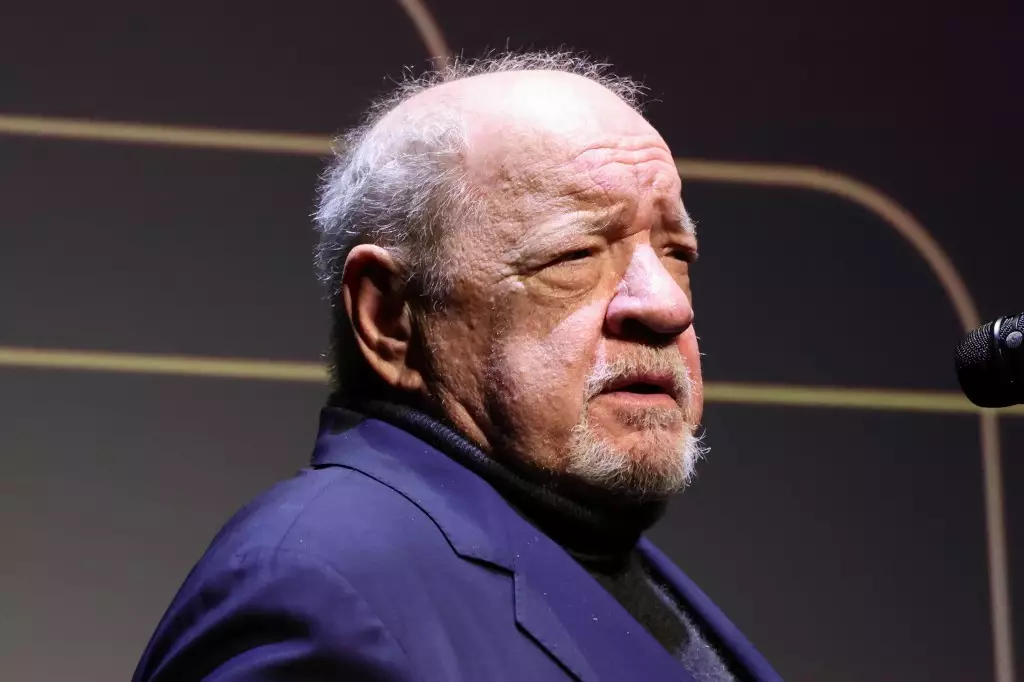The film industry is no stranger to stories of power dynamics gone awry, and the recent lawsuit against filmmaker Paul Schrader adds a disconcerting chapter to this narrative. A former personal assistant has accused Schrader of sexual assault and harassment during her employment from 2021 to September 2024. These claims, detailed in an affidavit filed in the New York State Supreme Court, paint a dreadful portrait of a workplace rife with intimidation and malfeasance. It’s important to approach such serious allegations not merely as news headlines, but as societal issues that reflect widespread problems within the entertainment industry.
The Implications of Power Imbalance
The allegations against Schrader highlight a stark abuse of power, stemming from a dynamic all too common in workplaces across various industries. The accuser recounts incidents where she alleges Schrader used his authority to coerce her into unwanted sexual situations—ultimately forcing her to work in what she describes as a ‘sexually hostile’ environment. This notion is not merely a personal grievance; it strikes at the heart of what it means to create equitable workplace cultures. When individuals in positions of influence exploit their status, it breeds a culture of silence and complicity that can tarnish the reputations of those who operate with integrity.
A Cleaning Up or a Cover-Up?
The lawsuit mentions a reneged settlement agreement, which raises questions about accountability in such cases. If the allegations are unfounded, as Schrader’s attorney claims, why would a settlement have been on the table in the first place? Such settlements are often designed to avoid public scrutiny and costly litigation, but they can also dilute accountability, allowing problematic behavior to go unaddressed. The lawsuit’s timing and affirmative publicity surrounding the case complicate Schrader’s public persona, which rests heavily on his cinematic legacy.
Denial versus Accountability
Schrader’s emphatic denial of the allegations—labeling them as “frivolous” and “opportunistic”—is a familiar refrain among those accused of misconduct. While it’s crucial for all parties to be presumed innocent until proven guilty, the nature of the allegations strikes at the core of accountability. The insinuation that a mere denial suffices to absolve one of all wrongdoing perpetuates a cycle of ignoring victims’ voices. The accusations warrant serious investigation and discussion rather than dismissal.
Wider Industry Consequences
This situation extends beyond Schrader and raises critical questions about the film industry and its handling of sexual misconduct allegations. It begs for reflection on how institutions often prioritize reputations over justice, sidelining the very individuals who sustain them. As more victims come forward, the industry is faced with an urgent need for systemic reform to protect those in vulnerable positions. True reform requires listening to allegations, valuing empowerment over silence, and ensuring that behavior reflecting micromanagement doesn’t diminish the potential of emerging talent.
Ultimately, the seriousness of these allegations cannot be understated. Whether Schrader’s claims hold any merit will soon unfold through legal channels, but for now, this situation serves as a poignant reminder of the challenges faced by those who dare to stand up against systemic abuse. The shadows of power can be long and dark, but they must not define the narrative of the future.
